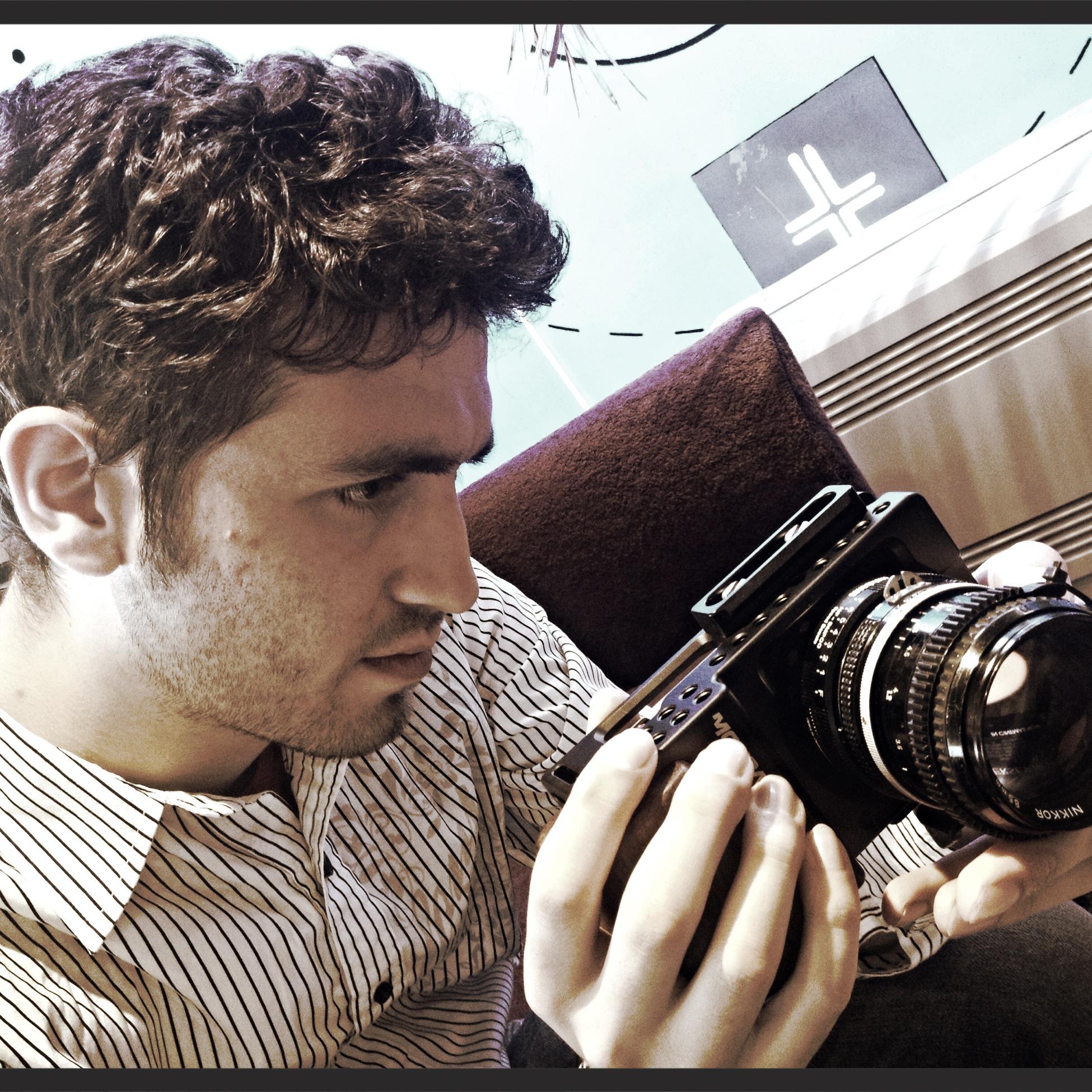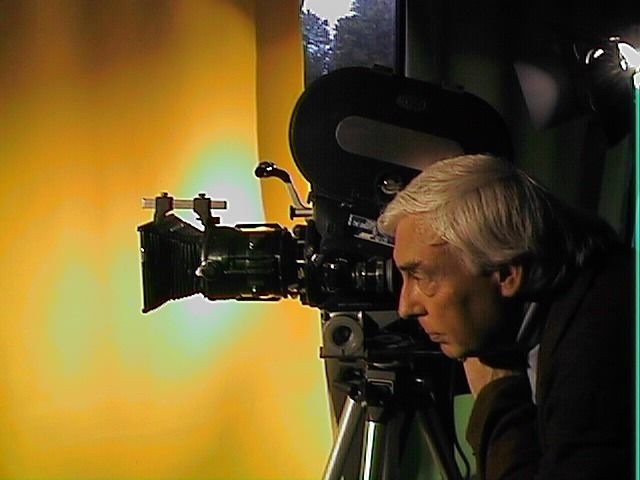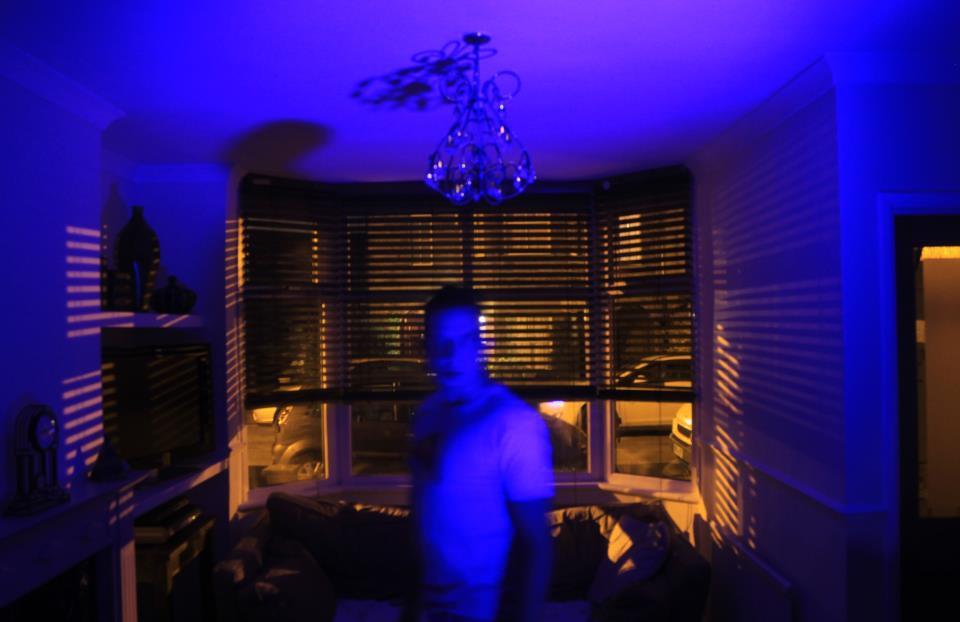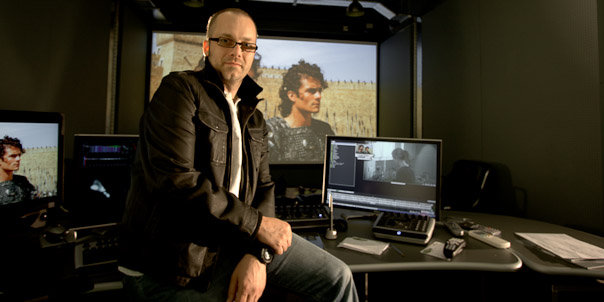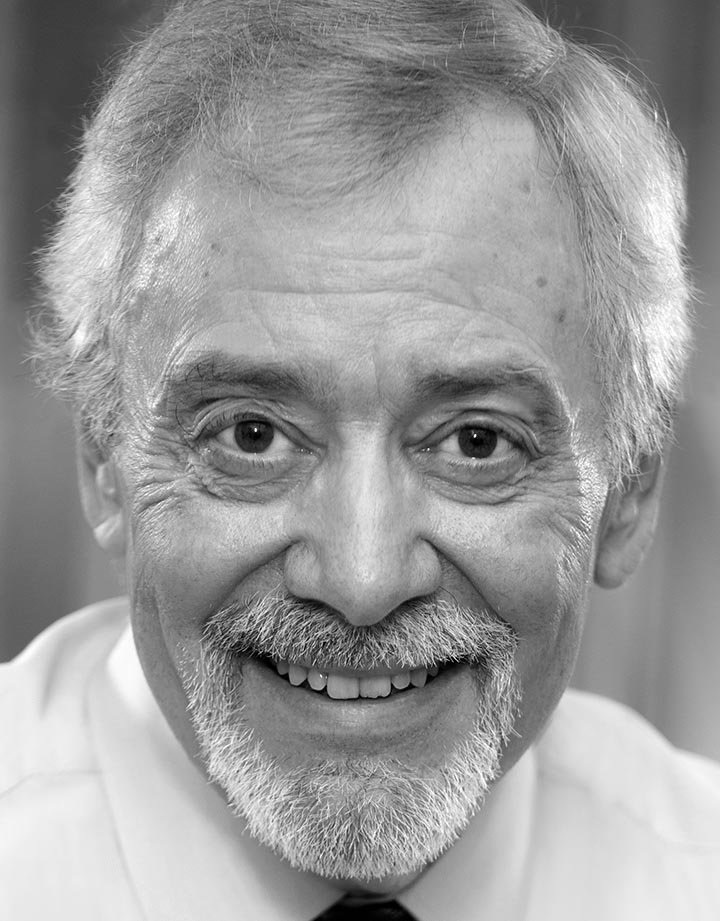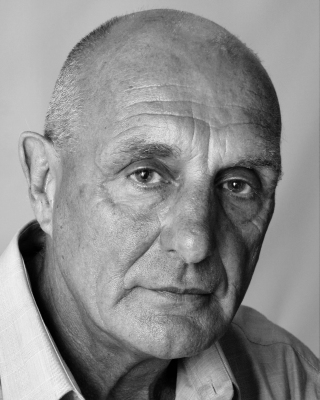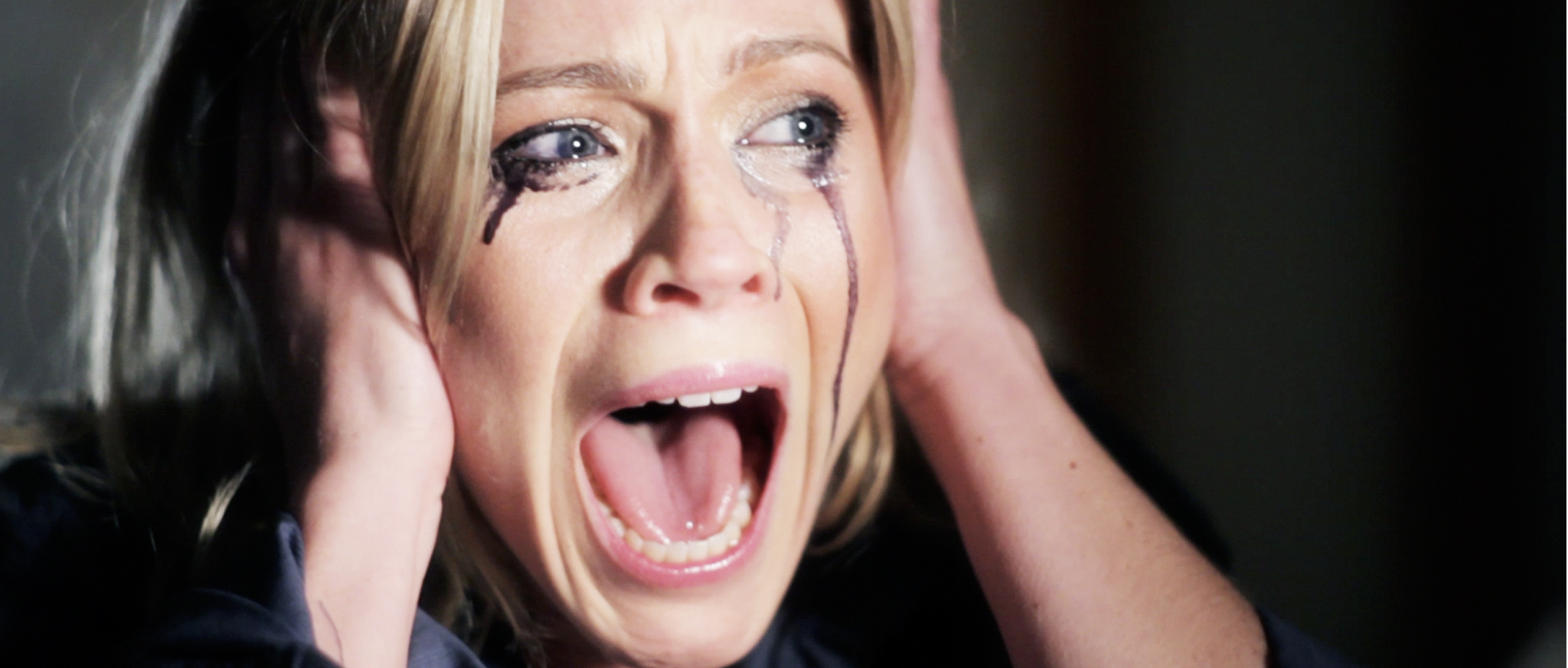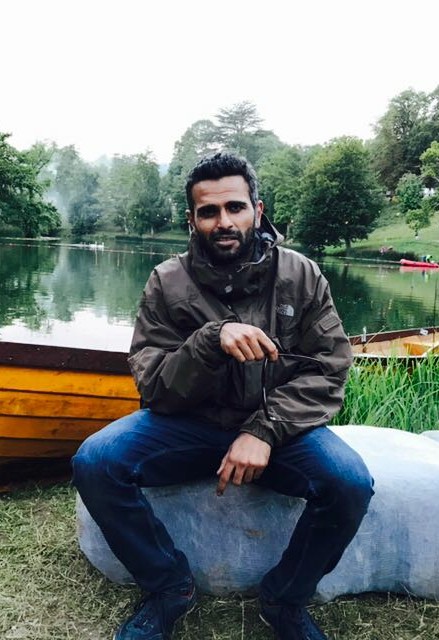ASK & DISCUSS
INDEXCan anyone offer advice or a path to go in developing believable dialogue for a screenplay?
12 years, 10 months ago - Bensalem Mitchell
I've completed my screenplay for a short film but I can't help feeling that my dialogue feels a bit wooden (you can tell it came from one person). Is there a website, good book or anything to recommend help in this area of screen writing?
Thank you.
Only members can post or respond to topics. LOGIN
Not a member of SP? JOIN or FIND OUT MORE
12 years, 10 months ago - Scott Barclay
I'm speaking as an author as well as a screenwriter. If you feel the dialogue is wooden, that's a massive hurdle to have jumped because it means you're aware of an issue. One of the traps that's easy to fall into is knowing what you want to achieve from a scene and focsuing too much on achieveing it without paying enough attention to the organic nature of dialogue. One character can only respond to what another has said so with each line, consider how you might react, how you might answer and let the words flow if you can. Listen to conversations and howtheydevelop. The orignal subject often gets lost or turned about as people speak. Spoken language is full of slang, bad grammar and the like.
I agree with others above: definitely get actors to read it if you can or at least read it out loud to yourself. You'll be surprised how much any clumsiness is revealed by hearing rather than reading the words. Personally I wouldn't buy a book or go on a seminar. There is no substitute for experience and practice. Read scripts, watch movies... all the obvious stuff, I know.
I didn't study English beyond 'O' level yet I'm the author of twelve novels now - all down to writing almost every day, I think. I hope that helps.
Cheers
Scott
www.jamesbarclay.com
12 years, 5 months ago - Vasco de Sousa
Get to know the characters, what they feel, why they act. When you're angry, you talk in a certain way, when you're scared, you talk in a certain way. A pharmacist may speak differently to a waiter, but a waiter who does community theatre may speak differently to one who is an immigrant, or on the run.
I've read lots of books that talk about it (and they might help with regional and class variation a bit), but really it comes down to character and emotion.
12 years, 10 months ago - Franz von Habsburg FBKS MSc
Simply see of it sounds OK when spoken. Non concatenation makes it wooden, eg "I am" instead of "I'm". Then get actors to do a read through. I've always said that when you're writing, you should actually be acting but just happen to be typing at the same time.
12 years, 5 months ago - matthew mcpherson
you can read all the books in the world. just know what each of your characters wants in each scene (what is their objective?) and either improvise with yourself, or get a couple of actors on the case. This is best for original and realism. If this doesnt work, you probably have characters you dont need or arent real. Hope that helps.
12 years, 10 months ago - Bensalem Mitchell
Thank you everyone for your answers. They were all very helpful.
12 years, 10 months ago - Ross Leeson
At the end of the day if you're a new writer you need to learn to love the Re-write. Just keep re-writing it then you'll get a better sense of the characters.
12 years, 10 months ago - Stephen Potts
There are loads of seminars, DVDs and books on this. Go to Shooting People Screenwriters' Bulletin and search the archive for recommendations. You could repost your question there too. Improv with actors is a good idea, but you can also improvise with yourself, recording as you go. Reading your dialogue aloud is a good way to identify where it is flat or wooden or stilted. If you are good at accents you could adopt a different accent for each character. Best to forewarn those close to you first.!
Stephen Potts
Www.stephenpotts.net
12 years, 5 months ago - Lee 'Wozy' Warren
Give your characters a unique 'voice'. Everyone talks in a different way, with different pitch, tone and language. Just listen to any coffee shop conversation and you'll hear the different 'voices'.
Good luck.
12 years, 10 months ago - Bob Eckhard
Hi there
I came across Karl Iglesias a year ago and I rate his teaching (on DVD) about dialogue very highly. Was fortunate to know a shooter who had won his DVDs so borrowed them but I don't think they're too costly and a worthwile investment. He might have a book out now. Check his website: http://www.karliglesias.com/
12 years, 5 months ago - Lee 'Wozy' Warren
Start at the end of the screen with how you want to punch out. Then you know the end goal and can start from the beginning and the dialogue should lead up to your punch out.
12 years, 10 months ago - Andrew N. Hill
Try a book called "Writing Dialogue for Scripts" by Rib Davis pub: Metheun/Drama
12 years, 5 months ago - Allan (Mac) McKenna
I don't often join in these discussions but this one's fascinating. All the advice sounds pretty pukka to me Bensalem. Personally my problem was not being particularly creative - yeah I know, problem for a writer that - but I seem to have a flair for dialogue and character. So I tend to nick other people's storylines. Well, sort of. You could do this with dialogue. But do collect things people say as advised by others above. There are some very clever, funny people out there in pubs and places saying some brilliant things that disappear into the alcoholic mist. Then you know it's 'authentic'. There's one other thing that no-one so far has mentioned to my surprise and that is the ability to empathise, putting yourself in the place of the other. Female actors have complimented me on my ability to do this for women. To my surprise. I wasn't aware I did. But it's the sort of thing you can learn with practice I'm sure. And it could be fun.
12 years, 10 months ago - Frank Anthony Polito
After writing my first play over 10 years ago I was most praised for the dialogue. I didn't understand what the big deal was. It's a play, it's filled with dialogue... That's all there is! I was more concerned with whether the "story" was good or not. After completing an MFA program in playwriting, I look back at that first play script and see the dialogue isn't as good as I remembered it being. For me, now, the key is to really HEAR the characters speaking to you inside your writer's head. You will no doubt hear a different voice for each character -- listen and write down what they say, the way they say it. I also consider my characters' socio-economic background, age, education level and the like. This will help inform you as to which particular words they would use in their speech. Do they say "everyone" vs. "everybody"? Or "ain't" vs "isn't"? Are they the sort of person who speaks "proper" English (or whatever language they speak) or do they use slang. Do they use adverbs etc. And yes, read the dialogue ALOUD, so that you can hear whether is sounds "natural" or not.
Frank Anthony Polito
www.frankanthonypolito.com
12 years, 10 months ago - Yen Rickeard
Get a life! No, really! Nothing beats earwigging everyone everywhere.
Get out from the place where you write, nurse a coffee in a crowded cafe for an hour. Take a book and pretend to read. Or you can even try writing longhand, with your ears open, jot down that phrase, pick up that accent, that turn of phrase. Glance sideways at that couple who aren't talking and pick up the body language.
Choose different cafes, different pubs, different bars, smile at strangers, chat with weirdos, store it all, then go back and write. Do it everyday.
Writers tend to nurse their grand ideas in isolation, but you don't learn great dialogue talking to yourself.
And Yes, Scott is right, you have already made a great leap forward..
Looking forward to seeing your name on the credits of a film
Yen Rickeard
12 years, 5 months ago - charlotte lowdell
Ask some actors to do a read-thru, workshop the characters and play around with dialogue - good way to develop 'natural' dialogue. Read it out loud, perform it to yourself and play through the situations... Feel out responses/reactions from each persons perspective...
12 years, 10 months ago - Simon Dymond
I always find it useful to keep cutting the dialogue down until there's only the bare essentials left. Take out as much as you can and see if it still works, then, with what's left, you'll have room to play and find the voices for each individual character by expanding again. Sit in a cafe and listen to someone elses conversation - people rarely say what they mean, they often go on tangents or misinterpret each other - i always find this a good basis for dialogue. Also, the mention of improv is a great way of finding their voices but you really need to find the right people for the job for this to work. Good luck.
12 years, 5 months ago - Kate Herron
I don't have any exact go to books but I always write with people I know in mind and hear their voice in my head as I type. This might not be necessarily who you get to cast in the final film and they might not even be actors but it helps me massively in helping each character voice sound distinctive. And rehearsals/table reads are always extremely helpful, what an actor brings can completely change the way you thought about a character and bring some dead dialogue back to life.
If you want to do improvisation in rehearsals and are looking to use people trained in impro, this website is fantastic for finding experienced performers: http://www.thecrunchyfrogcollective.com/
Good luck :)

